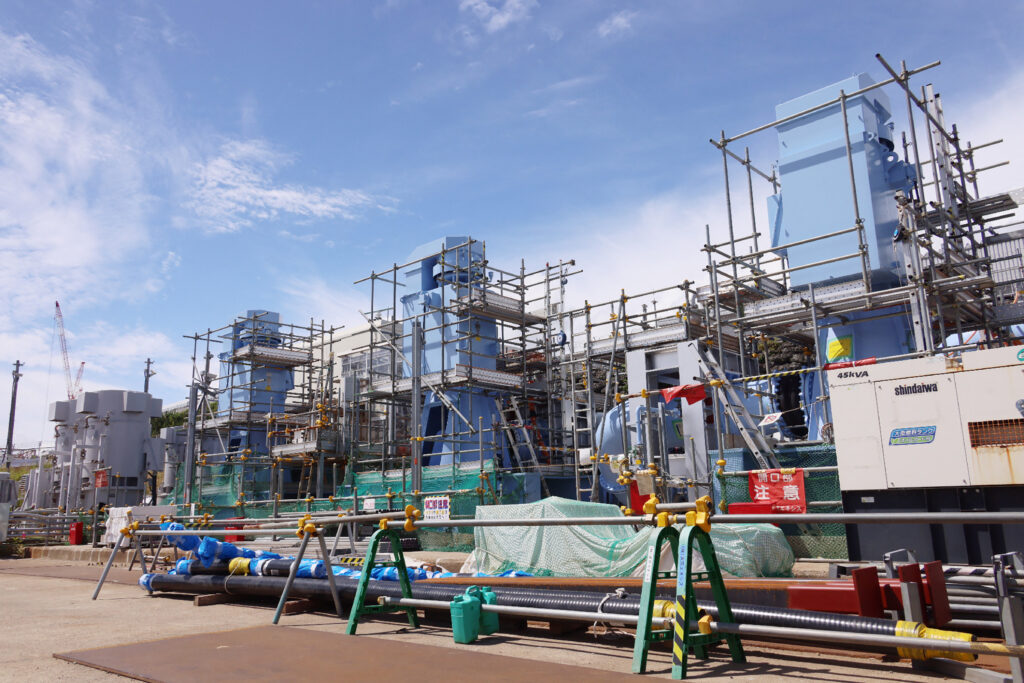
- ARAB NEWS
- 22 Aug 2025

TOKYO: Japan’s Chugoku Electric Power on Saturday restarted its Shimane nuclear power station in western Japan, shuttered since shortly after the 2011 Fukushima meltdown, the company said.
The long-delayed restart of the 820 plant’s megawatt (MW) No. 2 reactor, which was shut down in January 2012, boosts the number of Japan’s operational reactors to 14, with a combined capacity of 13,253 MW.
Japan’s demand for liquefied natural gas and thermal coal is expected to fall next year, with Tohoku Electric Power also recently resuming operations of the 825 MW No. 2 reactor at its Onagawa nuclear power plant in northern Japan.
The increased operation of nuclear power plants is expected to help Japan meet the growing power demand from semiconductor plants and data centres that support artificial intelligence applications.
The government anticipates power output to grow to between 1.35 trillion and 1.5 trillion kilowatt-hours (kWh) by 2050, from 1 trillion kWh projected for this decade, as Japan establishes more data centres, chip factories and other energy-intensive businesses.
For Chugoku Electric, the restart of the Shimane reactor, halted months after the 2011 Fukushima disaster, follows a total investment of 900 billion yen ($6 billion) in safety measures to comply with stricter post-Fukushima regulations.
The restart is projected to boost the utility’s recurring profit by 11 billion yen for the financial year ending March, helped by reduced fuel costs resulting from lower spending on fossil fuels, a company spokesperson said.
The benefit has been factored into the company’s earnings forecast, the spokesperson added.
Reuters